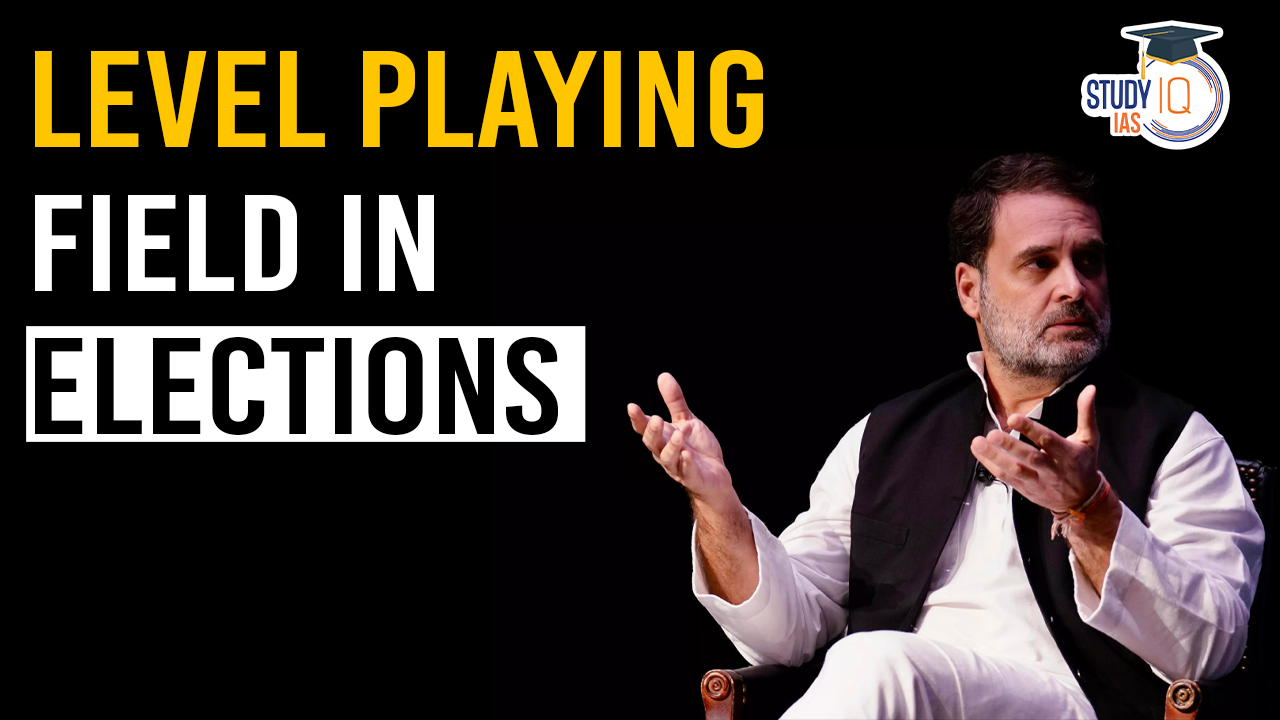Table of Contents
The debate around Electronic Voting Machines (EVMs) has persisted in Indian public life for over 15 years, despite changes like the introduction of VVPAT (Voter Verifiable Paper Audit Trail). This ongoing debate has fostered suspicion about the electoral process, distracting attention from more critical issues of democratic reforms and real electoral malpractices.
Historical Shift in Electoral Debates
- In the past, Indian democratic debates focused on reforming the party system, decentralizing political power, and proportional representation.
- By the 1990s, the focus narrowed to free and fair elections through an independent Election Commission.
- More recently, the debate has centered on electoral integrity and preventing fraud during polling, with EVMs becoming the primary subject of scrutiny.
Allegations of Electoral Fraud
- The Election Commission’s (EC) delay in declaring turnout figures after each phase raised suspicions among observers.
- A report by Vote For Democracy claimed that an artificial “spike” of 4.65 crore votes after polling allegedly helped the ruling party win 79 additional seats.
- Although this remains an assumption without independent verification, the EC’s failure to address concerns has fueled doubts.
Mismatch Between Votes Polled and Counted
- In the 2019 elections, the Association for Democratic Reforms (ADR) reported discrepancies between votes cast and votes counted, which has allegedly worsened in the 2024 Lok Sabha elections.
- ADR’s latest report found a mismatch in 537 out of 543 constituencies, with discrepancies averaging over 1,000 votes per seat.
- While no radical conclusions have been drawn, the EC has yet to provide a satisfactory explanation.
Focus on Larger Electoral Reforms
- A report titled “Electoral Integrity in India” highlighted broader irregularities observed during the 2024 elections, including unequal access to state power, media, and money that favoured the ruling party.
- The report emphasises that debates on electoral reforms should focus on these issues rather than EVM mechanisms.
Proposed Solutions to the EVM Debate
To address the EVM controversy, a national consensus should be developed:
- No return to ballot papers, as they create more problems than they solve.
- Implement ways for voters to verify their choices recorded by EVMs without handing over paper slips.
- VVPAT slips, not the EVM display, should be considered the official record of elections.
Recommendations for the Election Commission
- The EC should adopt ADR’s recommendations to ensure accurate data reconciliation before declaring final results.
- This includes making public the final number of eligible and actual voters for each booth and constituency and sharing relevant statutory forms within a stipulated time frame.
- These steps will address concerns and shift the focus to more substantive issues of democratic design and reforms.
Conclusion
The EVM debate, while significant, diverts attention from larger democratic issues like the imbalance of power and money in elections. India must resolve the EVM dispute through transparency and reforms to focus on the real challenges facing its electoral process.


 Places in News for UPSC 2025 for Prelims...
Places in News for UPSC 2025 for Prelims...
 New Phase of Operation Chakra to Combat ...
New Phase of Operation Chakra to Combat ...
 Soyuz Aircraft: History, Design and Sign...
Soyuz Aircraft: History, Design and Sign...





















